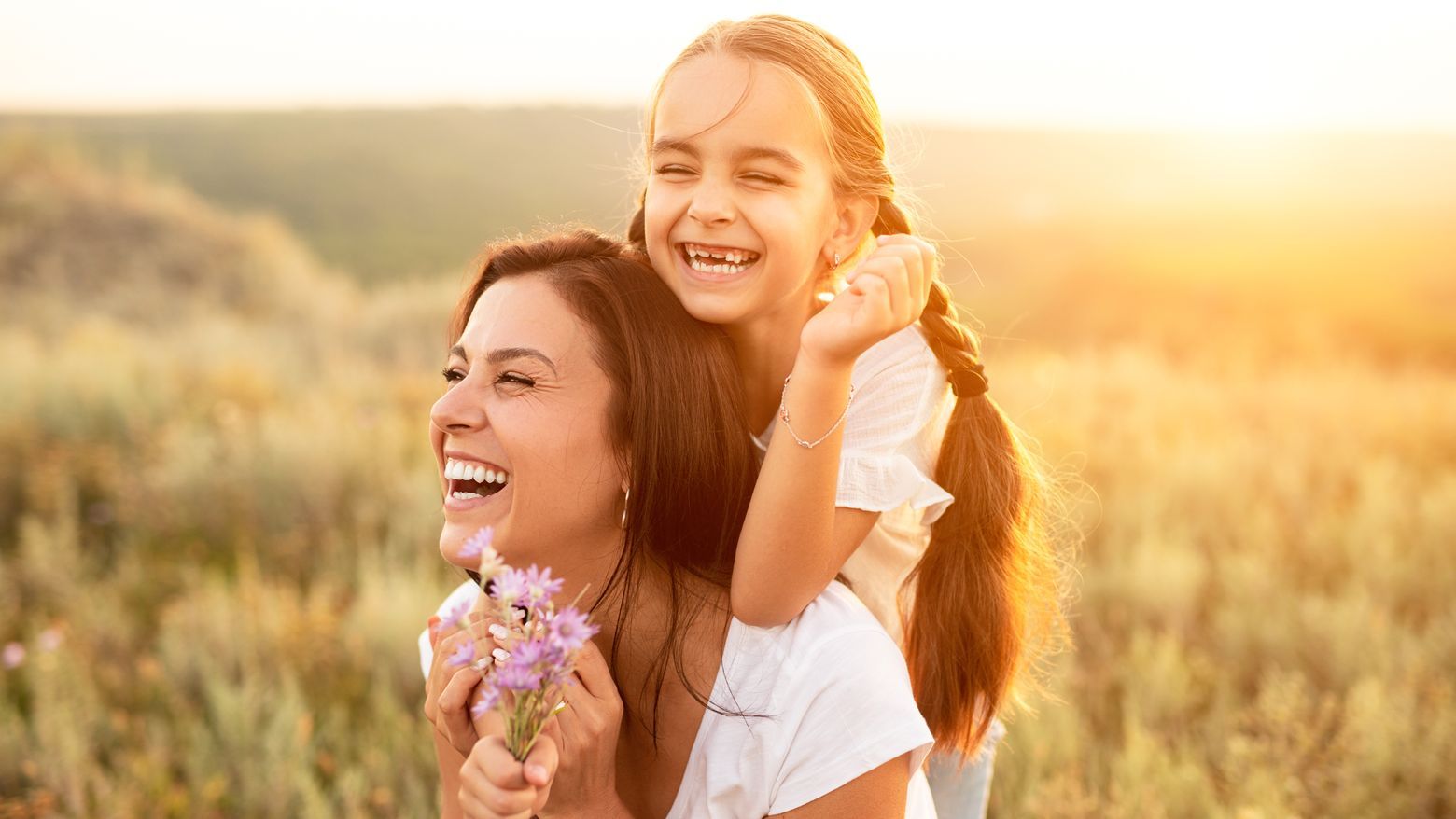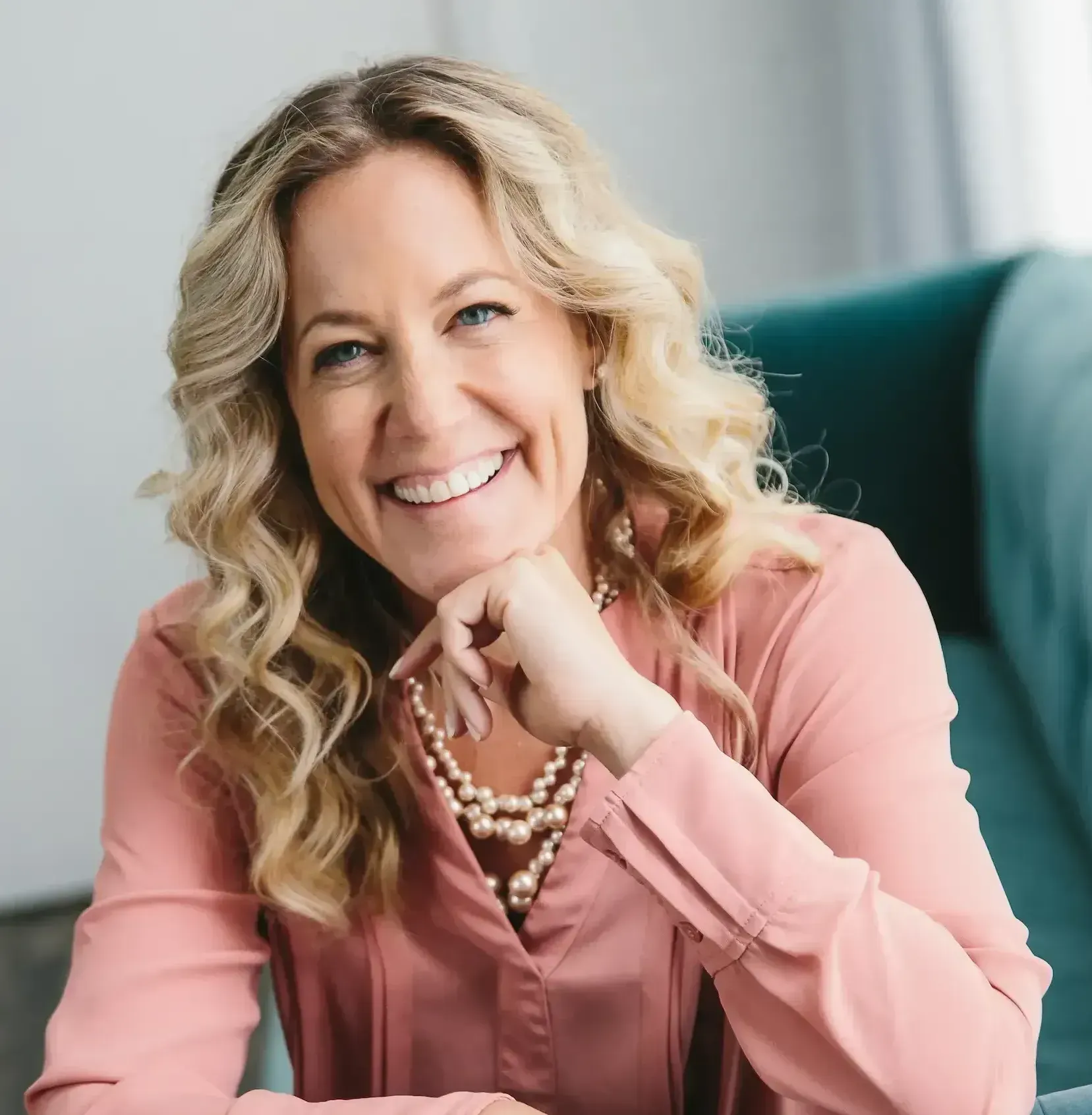Peaceful Parenting is NOT Permissive Parenting

What Peaceful Parenting Means (and Doesn’t Mean)...
Here’s the great news: You don’t need to rely on punishments, consequences, or other punitive methods to raise happy, successful, and emotionally intelligent children. In fact, research shows that the old-school, punitive model of parenting often does more harm than good. Even authoritative parenting—long considered the gold standard—has been shown to cause emotional harm.
Though well-intended, the belief that children must learn to obey external authority to make good decisions actually leaves them vulnerable to external influences—whether from peers, bosses, or partners—rather than equipping them with the skills to think critically and trust their own inner voice. Instead, we have the opportunity to raise children who are self-aware, confident decision-makers, prepared to navigate the complexities of modern life.
But before we talk about what peaceful parenting
is, let’s clarify what it
isn’t.
PEACEFUL PARENTING IS NOT PERMISSIVE PARENTING.
There. I said it. I feel better now.
In many ways, peaceful parenting is even
harder than traditional parenting. Why? Because we aren’t relying on fear or control to enforce compliance. We choose patience. We choose kindness. And—make no mistake—we
parent.
What is Peaceful Parenting?
Peaceful parenting begins with us—learning to regulate our emotions, communicate effectively, and understand our own needs so that we can model these skills for our children.
It means defining our family values and actively teaching them, so our children have an internal moral compass to guide their decisions.
And yes, this takes commitment and practice. It takes presence.
There’s a common misconception that if we aren’t punishing, yelling, or shutting down big emotions—if our child dares to have a meltdown at a family gathering—then we must be too permissive. That we’re somehow raising entitled, manipulative kids who won’t be prepared for the “real world.”
But here’s the truth:
Peaceful parenting is not an abdication of responsibility—it is a deepening of it.
Peace Does Not Mean Avoidance
To be truly peaceful is to
stand firm
in your yes and no. It means growing your capacity to tolerate discomfort—shame, impatience, frustration—without reacting impulsively. It means feeling pain and moving through it, rather than avoiding it.
Some things might look like peace but aren’t:
- Avoiding or denying emotions (ours or our child’s)
- People-pleasing to keep the peace
- Avoiding conflict by always being flexible
While these behaviors might seem peaceful, they are actually forms of avoidance.
True peace comes from engaging with life
fully—modeling the emotional resilience we want to cultivate in our children.
The Reality of Peaceful Parenting
Let’s be honest: Have you ever yelled at your kids to stop yelling? (Or maybe, like me, you tell yourself you
don’t
do that… but let’s be real—you do.) We all experience moments of inconsistency. That’s part of being human.
You might be wondering: “But what about discipline?”
Peaceful parenting absolutely includes rules, limits, and boundaries. It prioritizes family values and expectations. And yes, peaceful parents get to say no.
At its core, peaceful parenting is about replacing yelling, punishments, threats, and consequences with communication. And here’s the thing:
- Communication does not harm children.
- Authentic, healthily expressed emotions do not harm children.
We do not become less effective parents by embracing peaceful parenting.
Quite the opposite.
We take full responsibility for our actions, words, and reactions.
We grow
ourselves upso we can help grow our kids up.
We immerse ourselves in their world, their needs, and their evolution. We become their partners in growth and maturity. (And, let’s be honest, they become
our
partners in growth and maturity too.)
The Bigger Truth
Ironically, the very strategies that well-meaning people insist will keep kids “under control” are the same ones that often create more rebellion, disrespect, and entitlement.
And here’s an even harder truth:
When we scold, criticize, punish, or demean our kids, they don’t love us less.
They love themselves less.
And a world full of grown-ups who don’t love themselves? That’s a world in trouble.
A Final Thought
As you explore how to bring more peace, connection, and cooperation into your home, I encourage you to stay open-minded. Reflect on your experiences, thoughts, and actions—not with shame, but with grace.
Because peaceful parenting is not about perfection. It’s about intention.
Children raised in a peaceful environment don’t grow up to be spoiled, lazy, or entitled.
They grow up to be extraordinary.
Not because they are better, smarter, or more capable than anyone else.
But because they were given something truly rare—the gift of unconditional love and radical acceptance from the person they admire most… YOU.
If you feel called to bring peaceful parenting into your home (and beyond), we invite you to explore our
Parent Coach Certification Program.
Meet Your Author, Kiva Schuler
Jai Co-Founder and CEO
Kiva’s passion for parenting stemmed from her own childhood experiences of neglect and trauma. Like many of her generation, she had a front row seat to witnessing what she did not want for her own children. And in many ways, Jai is the fulfillment of a promise that she made to herself when she was 16 years old… that when she had children of her own, she would learn to parent them with compassion, consistency and communication.
Kiva is a serial entrepreneur, and has been the marketer behind many transformational brands. Passionate about bringing authenticity and integrity to marketing and sales, she’s a sought after mentor, speaker and coach.
Share This Article:
Curious for more?














